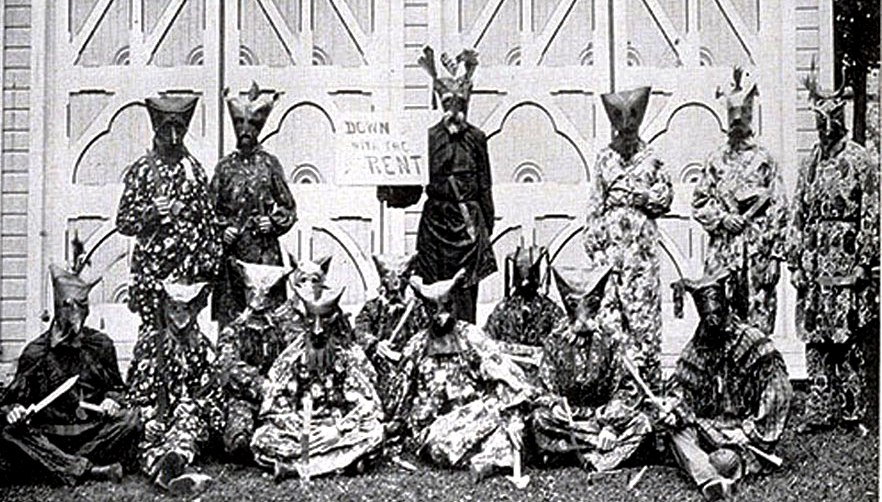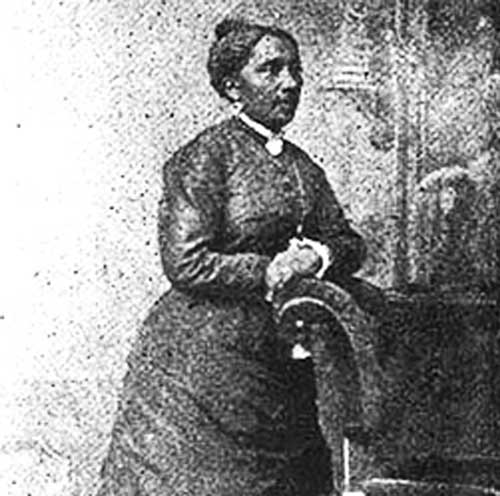People ex rel. Gaston v. Campbell, 1869
40 N.Y. 133 (1869) Agnes A. Gaston sued for divorce and alimony was awarded pending the trial. Her husband, Albert G. Gaston, failed to … More People ex rel. Gaston v. Campbell, 1869 »
40 N.Y. 133 (1869) Agnes A. Gaston sued for divorce and alimony was awarded pending the trial. Her husband, Albert G. Gaston, failed to … More People ex rel. Gaston v. Campbell, 1869 »

On December 12, 1844, Columbia County Sheriff Henry C. Miller went to the village of Copake to serve process on one of the Livingston … More The Anti-Rent War Prosecution of Dr. Smith Boughton, 1845 »
7 N.Y. 9 (1852) In his work on the history of the New York Court of Appeals, Judge Francis Bergan stated: In the development of … More Newell v. People ex rel. Phelps, 1852 »
80 N.Y. 268 (1859) As Stewart Sterk wrote in There Shall Be a Court of Appeals, “the Court of Appeals made its first significant … More Lawrence v. Fox, 1859 »
34 N.Y. 223 (1866) A case decided in 1865 enunciated a rule of cross-examination that is still cited in the courts today. The New … More La Beau v. The People, 1866 »

In 1852, the Third Avenue Railroad Company obtained a franchise to construct and operate a street railway service in parts of Manhattan. The company … More Jennings v. Third Avenue Railroad Co., 1854 »
Then, as now, public interest in trials involving prominent people or sensational facts abounded. These cases were covered in newspapers throughout the country. Special … More Famous and Sensational Trials »
At the outbreak of the Civil War, large numbers of New York men volunteered to fight for the Union. As the war continued and … More Court Cases Related to the New York City Draft Riots, 1863 »
13 N.Y. 42 (1855) This case illustrates how a common law rule relating to wandering domestic animals was found to be inadequate in a … More Corwin v. New York & Erie Railroad Co., 1855 »
7 N. Y. 401 (1852) Fellows v. Blacksmith, 60 U.S. 366 (1857) The Treaty of Buffalo Creek (1838) provided for the removal of the … More Blacksmith v. Fellows, 1852 »